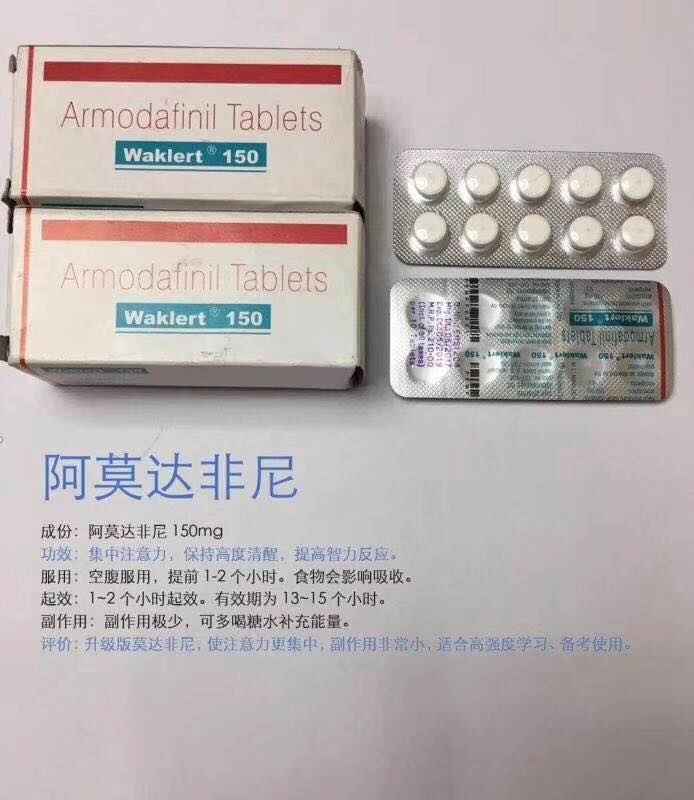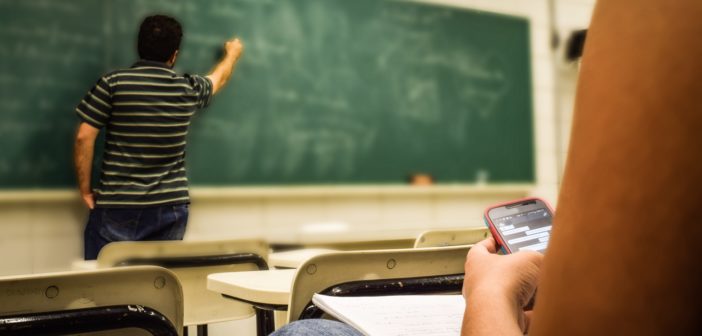Many Chinese people will admit that the gaokao, or the national college entrance examinations, was one of the hardest challenges they faced during their younger years. Beijingkids reached out to some locals after several young Beijingers were reported to have turned to banned drugs to relieve stress before and during the exams, and one couldn’t hide his bewilderment.
“Really? That’s a very western problem,” marketing professional Wang told us. “But I’m not very surprised if they do it because the education system here is just difficult, and there are a lot of pressures in the school environment.”
Wang, who asked us not to use his real name, said that he knew students who turned to other substances to deal with anxiety or stay focused before and during the test. “They used American ginseng to stay awake, while others had taken poppies. I took some anti-depressants but they didn’t work.”
Global Times reported that the Beijing Gaoxin Hospital is treating patients as young as 14 for substance abuse, with most of them taking so-called “smart pills” that contain chemical compounds like amphetamine and methylphenidate. These are highly controlled medications for stimulating the central nervous system and mainly used to treat attention deficit hyperactivity disorder (ADHD). When taken in large doses, these substances can induce drug dependence or addiction.
The newspaper found that these substances are being sold through social groups on QQ, a Chinese instant messaging software. Beijingkids could not independently confirm whether the reported social groups are still active as of publishing time.
Other local news reports said these narcotics, also described as “magic bullets” for their potency, have already been censored on market apps, while one outlet found that there were parents who bought “smart drugs” for their children in the hope that those could improve their academic performance.
A WeChat blog by an influential Chinese subscription account published in late February received controversial responses, with some commenters claiming that they “don’t have a choice but to try every method to get better grades,” and others criticizing the authorities for “not being able to control the sale of narcotics on social platforms.”
In a separate investigation, our team searched on Taobao to see if it is still possible to obtain these banned drugs on social media.
A thorough search led us to a seller who said they do not have Ritalin (a trade name of methylphenidate) but instead offered us modafinil, a eugeroic or “wakefulness-inducing” drug, at RMB 600 for a box of 100 tablets, as well as its compound armodafinil.

Armodafinil is a prescription-only medicine, but one can freely buy it on Taobao.
In China, modafinil is classified as a tightly controlled psychotropic, a kind of drug that can alter brain functions. Both drugs can only be bought with a prescription.
The seller said they would import the drugs from India and sent us a link with a different product image where we can place the order. Just like any other Taobao purchases, the medications would be delivered to your door in about 3 days.
A “Parental Obligation”
There’s a notion that the gaokao determines students’ future, giving rise to the metaphor 独木桥 (dúmùqiáo, “single-plank bridge”). To make it across that narrow “bridge” to the promised success beyond, they have to spend long hours in preparation, including attending tutorial classes and undertaking mock exams.
And all of these pressures come on top of mounting homework. In fact, a Chinese online education institution reported in 2015 that before Chinese teenagers reach the age of 18, they have spent on average 10,080 hours on homework – twice the global average, three times more than their peers in France, four times more than Japanese students, and six times more than South Koreans. Those hours would have allowed Chinese youngsters to attend as many as 4,000 concerts or watch 7,000 soccer matches, the report said.
Monika Paula Gorowska, a Ph.D. candidate in the Institute of Psychology at the Chinese Academy of Sciences, says that in the highly competitive Chinese learning environment, it may seem a “parental obligation” of local parents to provide their children different kinds of assistance to deal with educational pressures, including purchasing ‘smart pills’ despite being “completely unaware of what these drugs are for.”
The educators who commented on the issue believe that such action reflects a well-meaning but misinformed attitude on the part of parents.
“The more disturbing notion with this phenomenon of parents being complicit in this behavior is that it changes the standard of acceptability, and parents are … sending the message [to their high-school aged children]that it’s fine to go to any lengths to get a desired outcome, even possibly to their own detriment,” explained Kindall Tyson, a licensed therapist and secondary counselor at Tsinghua International School.
“No one thinks that buying a pill can harm a child,” said Rachel George, head of Student Support at Yew Chung International School of Beijing (YCIS Beijing), “and those parents may have good intentions since they’ve been told that ‘smart pills’ would help keep focus, but in reality, they’re just offering a temporary solution.”
George believes that there’s a “bigger push” for parents to know how they can help and understand the complexities of student stress. What she recommends is they should empower students to problem-solve without external assistance, so that stress does not manifest in extreme forms such as drug addiction.
The focus should also be on parental attitude and shifting learning cultures, our interviewees said.
“There are some Chinese parents who are very ambitious and demanding and have a parenting style that is rather authoritarian. But having a healthy relationship with a child is already a preventing factor. With a dose of proper education and practice, parents may become authoritative, which means they foster support, flexibility, democracy, and responsiveness,” Gorowska said.
“The heavy emphasis on achievement is a cultural factor in Asia that will remain, but shifting the culture surrounding learning and paying attention to the multifaceted way that people learn will better suit the needs of all learners,” Tyson explained.
Having a Sense of Fun
George said she has encountered many stories of student stress, including one recent instance in which she realized that some youngsters seem to lose their sense of fun due to mountain-loads of assignments and extra-curricular activities.
“I asked some students what they do for fun. What surprised me was they couldn’t say a thing because their entire lives revolve around studying and exams, so kids don’t know the concept of fun. So I had to give them homework: to enjoy their weekend!”
George explained that doing so would help the students control their schedule, which is one way to manage stress. Gorowska and Tyson, meanwhile, say that letting them practice mindfulness activities would help.
“Mindfulness is one tool in the varied toolbox of positive coping strategies that helps provide them a sense of autonomy and also helps them to understand that they are not slaves to their negative emotions,” Tyson added.
George also advises teachers to be responsible when giving assignments to pupils, and to working closely with parents. She shared with us too the Five-Finger Problem-Solving Method for beating student anxiety, which she presented during a recent workshop that she co-hosted at her school.
– Thumb: Step one – Identify the problem. What happened? What’s the matter? What do you think is the problem?
– Index finger: Step two – Assess the problem. How big is the problem? Is it small and can be solved quickly, or is it larger and will need more time to solve? How does the problem make you feel? Make sure you explore emotions/feelings, and stress that feelings lead to thoughts which lead to actions.
– Middle finger: Step three – Generate possible solutions. Ask: What would you do to solve the problem? Allow your child to generate original thoughts without much prompting.
– Ring finger: Step four – Consider possible outcomes. What’s the worse that could happen? And the best?
– Pinky: Step five – Evaluate solutions. Ask: How well did it work? What could you have done differently? What would you do again?
Has a student reached out to you regarding anxiety, or do you feel that a youngster is stressed out? If you are unsure about what to do, we recommend that you get in touch with a mental health professional or a support group for proper advice. Check out our list of mental resources here, or read our coverage of mental health topics here.
With additional reporting from Grace Zhang
Photos: giovannacco via Pixabay; Taobao




